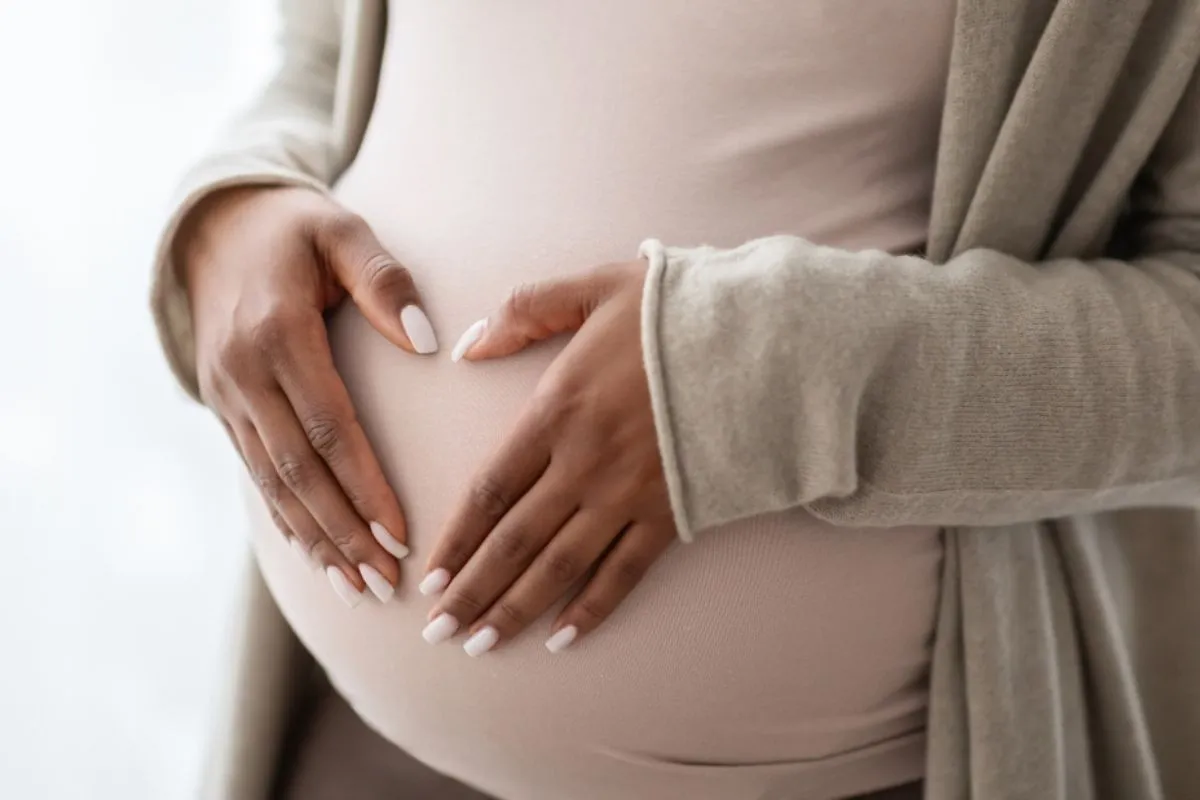Ideal Age for Egg Freezing: When to Consider It

Egg freezing, also known as oocyte cryopreservation, is a method of preserving a woman’s fertility by freezing and storing her eggs for future use. This process has become increasingly popular as more women choose to delay childbearing for various reasons, including career, education, or health conditions. Understanding the ideal age for egg freezing is crucial for maximizing the chances of future success. This article explores the factors influencing the best age for egg freezing, with a focus on Egg Freezing in Kenya.
Understanding Egg Freezing
Egg freezing involves stimulating the ovaries to produce multiple eggs, retrieving them, and then freezing them at very low temperatures to preserve their quality. These frozen eggs can be thawed, fertilized, and implanted at a later date, offering women more flexibility in family planning.
Biological Factors Influencing Egg Quality
1. Age and Egg Quality: A woman's age is the most significant factor affecting egg quality. Women are born with a finite number of eggs, which decrease in both quantity and quality as they age. The decline becomes more pronounced after the age of 35, and even more so after 40. Younger eggs are generally healthier and have a higher chance of successful fertilization and pregnancy.
2. Ovarian Reserve: Ovarian reserve refers to the number of viable eggs remaining in a woman’s ovaries. Tests such as anti-Mullerian hormone (AMH) levels and antral follicle count can help assess ovarian reserve. These tests can guide the decision on when to consider egg freezing.
Ideal Age for Egg Freezing
1. Early 20s to Mid-30s: The optimal age for egg freezing is generally considered to be in a woman’s early 20s to mid-30s. During this period, egg quality and quantity are at their peak, increasing the likelihood of successful retrieval, freezing, and future fertilization.
2. Mid-30s to Early 40s: While egg freezing is still possible in the mid-30s to early 40s, the success rates begin to decline due to the natural aging process. Women in this age group may still benefit from egg freezing, especially if they have a good ovarian reserve, but it is advisable to act sooner rather than later.
3. Special Considerations: Women with specific medical conditions, such as endometriosis or cancer, may be advised to freeze their eggs earlier. Additionally, women with a family history of early menopause or those undergoing treatments that could affect fertility should consider egg freezing as soon as possible.
Reasons for Egg Freezing
1. Career and Education: Many women choose to focus on their careers and education during their prime reproductive years. Egg freezing provides an option to delay childbearing without compromising future fertility.
2. Health Conditions: Women diagnosed with conditions that may impact fertility, such as cancer, can benefit from egg freezing before undergoing treatments like chemotherapy or radiation, which can harm ovarian function.
3. Personal and Social Reasons: Personal circumstances, such as not having found the right partner or wanting to wait for more stable life conditions, are also common reasons for considering egg freezing.
Preparing for Egg Freezing
1. Medical Evaluation: A thorough medical evaluation, including blood tests and ultrasound, is necessary to assess ovarian reserve and overall health. This evaluation helps in planning the stimulation protocol for egg retrieval.
2. Hormonal Stimulation: The process begins with hormonal injections to stimulate the ovaries to produce multiple eggs. This phase usually lasts about 10-14 days and requires regular monitoring through blood tests and ultrasounds.
3. Egg Retrieval: Once the eggs are mature, they are retrieved through a minor surgical procedure performed under sedation. The eggs are then immediately frozen using vitrification, a rapid freezing method that prevents ice crystal formation.
Conclusion
Egg freezing offers women the flexibility to delay childbearing while preserving their fertility. The ideal age for egg freezing is typically in the early 20s to mid-30s when egg quality and quantity are at their peak. However, women in their mid-30s to early 40s can also benefit, depending on their ovarian reserve and personal circumstances. For those considering Egg Freezing in Kenya, advanced fertility clinics provide state-of-the-art facilities and expert care to ensure the best possible outcomes. By understanding the factors influencing egg quality and the optimal timing for egg freezing, women can make informed decisions about their reproductive future.
